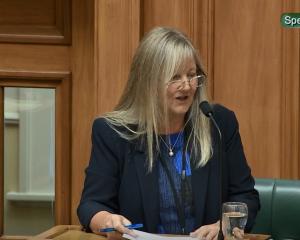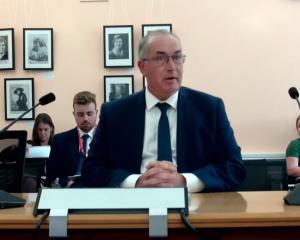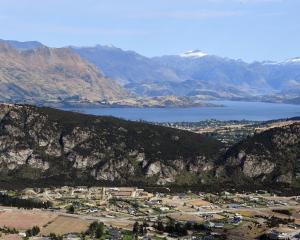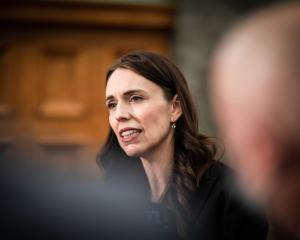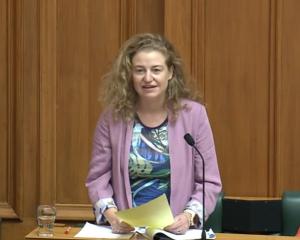

Few select committee reports will have been drafted as meticulously, or with their many audiences in mind, as the latest opus from the Maori affairs committee, the Moriori Claims Settlement Bill.
To say the least, the history of Moriori and their island home of Rekohu (the Chathams) is contentious.
It is also deplorable and badly needs addressing but, as modern jargon has it, there are multiple stakeholders engaged here.
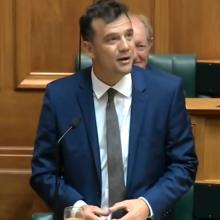
Both the Bill and the report acknowledge and use ta re Moriori — the Moriori language — throughout, although the committee stops short of adopting the recommendation of several submitters that it be made an official language of New Zealand.
‘‘During our visit to Rekohu we heard the language being spoken by submitters and recognise the passion Moriori have for the recognition and revitalisation of their language,’’ the report said.
‘‘It is not for our committee to determine as part of this process whether ta re Moriori should be recognised through legislation, however, we do agree that the language should be supported.
‘‘We encourage the relevant parties to work with Moriori to ensure that it is.’’
There is a lot of encouragement in the report — the committee encouraged all parties to work together to protect historic and culturally significant sites, and also encouraged consultation on customary fishing rights.
Which is all very well, but on certain issues the committee had to be more specific, most notably the background to the settlement claim.
All such Bills begin with a summary of the historical count of the affected iwi — or in this case imi — and are followed by the Crown’s apology.
The first part of this summary is simple enough: that Moriori arrived at the Chatham Islands sometime between 1000 and 1400, that they regard themselves as the waina pono (original inhabitants) of the islands, and that they lived undisturbed before the arrival of Europeans in 1791.
An even greater disturbance, however, was the arrival of Maori from mainland New Zealand in 1835 — which is where Ngati Mutunga o Wharekauri enter the story.
It was one of two iwi which invaded that year, killing many Moriori and enslaving the remainder, something quite alien to the peaceful nature of tikane Moriori.
In 1842, Rekohu and its surrounding islands were annexed to New Zealand as the Chatham Islands, and the British Crown — which, unsurprisingly, recognised the right of conquest as a lawful method of land acquisition — largely ignored subsequent Moriori pleas for justice.
In its submission, Ngati Mutunga o Wharekauri raised concerns about the accuracy of the Bill’s historical account and requested some amendments, something the committee chose not to do.
‘‘We consider that the account provides an accurate summary of agreed facts between Moriori and the Crown,’’ its report said.
‘‘The summary was written with care and sensitivity to ensure the Crown can continue to uphold its obligations to its other Treaty partners.’’
Where things become fraught for the Crown 179 years after its annexation of the Chathams is that urgent as the need is to recognise and redeem its obligations to Moriori, the Crown has also done a wrong to Ngati Mutunga o Wharekauri — a Treaty partner.
As the report delicately phrases it, there are ‘‘overlapping interests’’.
Hence why a second Bill, which has not yet been introduced to the House, is intended to provide for settlement of specific claims by Ngati Mutunga o Wharekauri.
It is also why a third Bill is planned, for shared redress for both Moriori and Ngati Mutunga o Wharekauri.
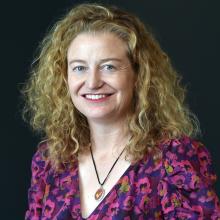
It has taken many years to get to this point, and it may well take many years more for the settlement process to be completed.
But it is under way, and the committee report is another significant milestone.
You don’t say
It is a neck and neck race between the justice select committee (considering a record 100,000 submissions on the Conversion Practices Prohibition Legislation Bill) and the environment select committee (ploughing through responses to the inquiry on the Natural and Built Environments Bill) for which is busiest at the moment.
While both are weighty issues, there is the occasional lighter moment, as the environment committee’s deputy, Dunedin Labour list MP Rachel Brooking, discovered when it considered a submission which concerned Carex subtilis, more commonly known as handsome bastard grass.

Quite apart from getting herself in an unnecessary pickle, Judith Collins’ criticism of scientist Dr Siouxsie Wiles last week also helped promote a major event on the Dunedin Labour Party calendar.
‘‘Now seems the right time to reveal this,’’ Taieri MP Ingrid Leary said as she announced that Dr Wiles was — Covid-19 permitting — booked to deliver the annual Dame Dorothy Fraser Lecture in South Dunedin on October 16.

